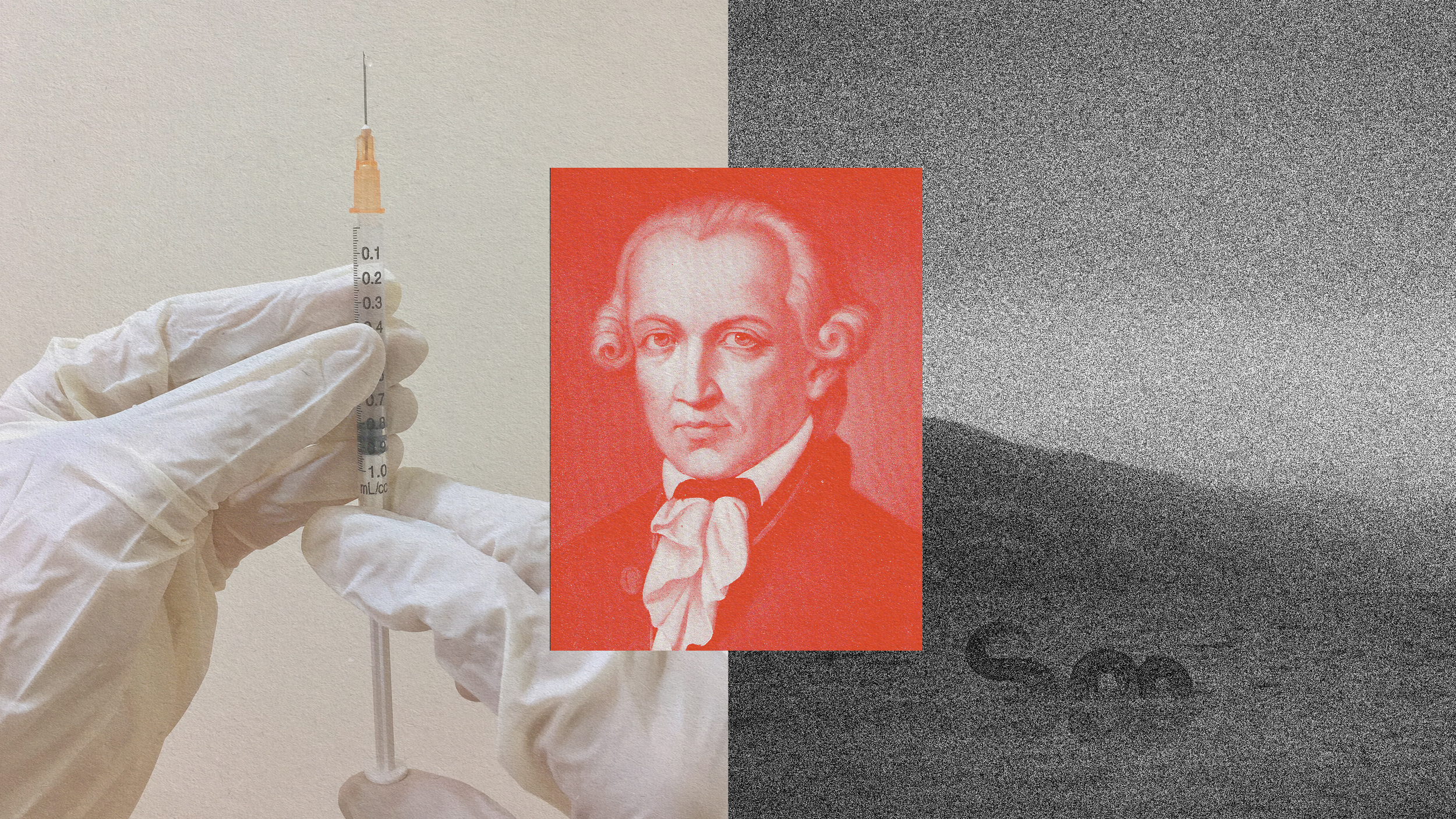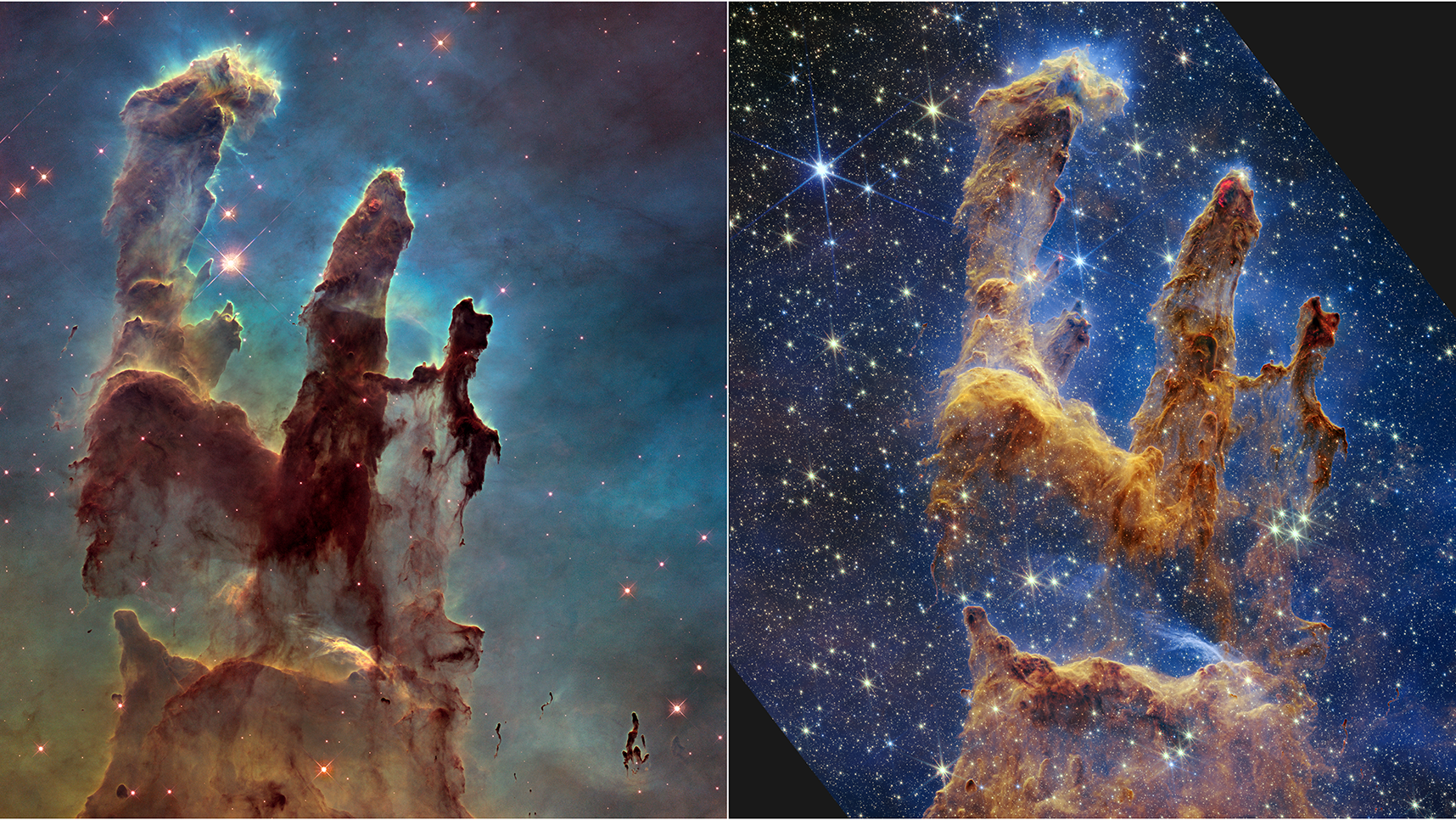The Mindful Decision Maker: An Introduction

Choices, choices, everywhere…
Our decisions matter. You don’t need me to tell you that. Of course they matter. It almost seems a tautology, a restatement of the obvious, of the very definition of “decision.” And yet, even though we make decisions at every point in our lives, from the most mundane (“Should I put on the dark blue jeans today or the light ones?”), to the life-changing (“Should I take that job? Marry that person?”), to the decisions that have become so routine that we no longer take them for decisions (“Should I get out of bed this morning?” or “Should I go to work?” are not questions that we pose, under normal circumstances; we have answered them long ago. But all it takes is one look at a clinically depressed patient to remind us that these are, in fact, decisions, and ones that we make, or can fail to make when something inside us breaks down, every single day), we are largely unaware of the myriad inputs and processes that have taken place before we even reach that choice point.
What’s in a decision?
Why do we classify something as a decision? How do we categorize it, phrase it, or frame it, to use a favorite word of decision scientists, in our minds? How do we think about it, and how does that thought process differ depending on how we are feeling at that moment, what other things are on our minds, how much time we feel we have to decide, how important we consider the choice in question to be? And finally, how does that thought process translate into action? Do we waver between alternatives, decide quickly, take our time, change our minds, stay firm no matter what may change in the future? Do we think about the future at all, considering the consequences of any given choice, its possible repercussions – and if we do, is it our future, or the future of others that we consider? Or maybe, we don’t think at all. We just make a choice, not worrying about the hows and the whys of why we are making it, and that is the end of the story.
The answers to all of these questions depend on a host of factors, from general decision processes (the things that make us similar to one another, like well-known cognitive biases), to individual differences (the things that make us unique, such as dispositions and personal histories), to situational factors (the things that surround us at any given point in time and that may affect our judgment either overtly or in subtle ways). And it is these factors, both in isolation and in the full messiness of their interaction, that have fascinated me since I first gave them serious thought almost ten years ago, as a lowly undergraduate listening to the lecture of the great Steve Pinker, and that form the crux of my research into social and cognitive psychology.
Why it matters
I am interested in the wholeness of the mind and the person, in the full spectrum that goes into a given decision process and informs our thoughts and actions. I want to know how we perceive the world, how we think about it and parse it, how we react to it and interact with it. In other words, I want to know about the decision process from start to finish, from input to final output, and all of the nuances in between. If pressed, I say I study self-control and decision making under risk and uncertainty, mostly in financial domains. But here, I would prefer to remain unpressed, to entertain the full richness of the decision process. No commitment – that’s also a choice. And that’s part of the point: to force a reconstrual of our lives as a series of choices, and of every non-choice as also a choice in its own way.
By exploring research into the psychology of judgment and decision making from a variety of angles, this blog will aim to increase the mindfulness of our decision making, so that we understand enough about our minds, ourselves, and our decision processes to make our choices thoughtfully and artfully, instead of letting them make us, as we so often do without even realizing it. Not only can that make our choices better, but it can also increase our control over our lives, something that has been shown to increase both happiness and life satisfaction. And isn’t that all that what we all—or at least most of us—want, at the end of the day?




